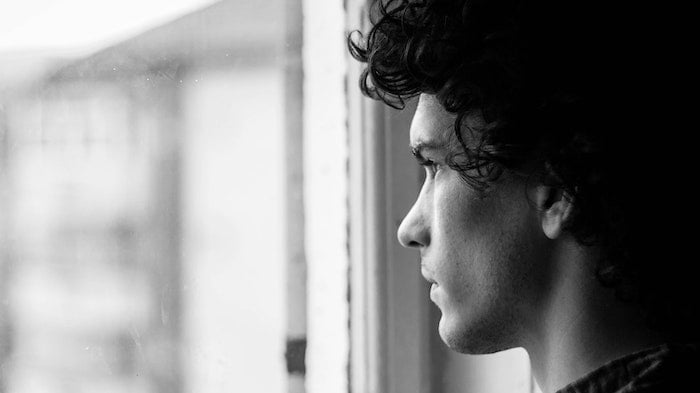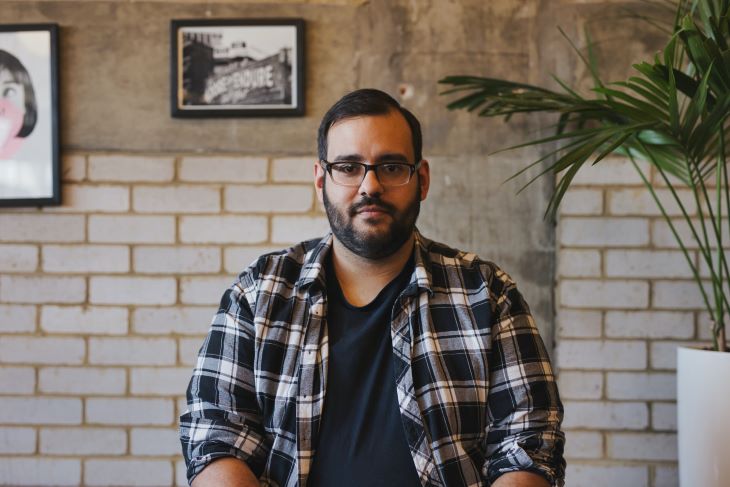Quick links for drug and alcohol rehab in Durham
- How Do I Know When I Need Help From a Drug and Alcohol Rehab in Durham?
- How Will Drug and Alcohol Rehab in Durham Benefit Me?
- What Can a Residential Drug and Alcohol Rehab Centre in Durham Do for Me?
- Is Drug and Alcohol Rehab in Durham Hard?
- Getting the Help of a Drug and Alcohol Rehab in Durham
- Reaching Out to OK Rehab For Help Accessing Drug and Alcohol Rehab in Durham
Addiction is an extremely serious issue in Durham, just as it is in the rest of the UK.
One very clear example is the rate of drug and alcohol crimes committed in Durham:
| Drug and Alcohol Crime Statistics in Durham | Numbers |
|---|---|
| Annual Crime Rate in Durham Postcode Area | 1.9 crimes per 1,000 workday people |
| Comparison to the National Crime Rate | 71% |
| Percentage of Crimes Related to Drugs and Alcohol in Durham | 1.7% |
| Total Number of Drug and Alcohol Crimes in Durham | 573 |
| Percentage Change in Drug and Alcohol Crimes (Year-over-Year) | 8.7% |
| Drug and Alcohol Crime Rate in Durham | 1.9 crimes per 1,000 working people per annum |
| Postcode Area Ranking (Crime Rate) | 27th out of 99 |
Part of what can make drug and/or alcohol addiction so devastating is the way that it reaches into every aspect of your life. It can ruin your health, your finances, relationships of all kinds and even work.
If you relate to this, you might be wondering how you can get it all back.
The best way to get your addiction from a life-wrecking level to a manageable level is through professional help.
If you’re looking for drug and alcohol rehab in Durham, or anywhere else, OK Rehab is here to help. All you need to do is call the number at the bottom of this page.
We provide several services, the two most prominent being our helpline, which offers advice on all addiction issues, as well as an assessment and specific plan if you need it.
If you feel like you’re ready to get help from a drug and alcohol rehab in Durham, the number to call is 0800 326 5559
How Do I Know When I Need Help From a Drug and Alcohol Rehab in Durham?

Black and white photo of a young man looking out of a window at a drug and alcohol rehab clinic in Durham
If you recognise any of the following symptoms, the best thing you can do is get help:
- If you can’t stop consuming addictive substances and/or participating in addictive behaviour, no matter how much it’s hurting you and those around you
- If you’re more likely to take risks to get to said substances or behaviours
- If you’ve experienced withdrawal symptoms when attempting to stop
- If people around you have started to notice that you might have a problem
- If you experience physical symptoms such as bloodshot eyes, rapid weight gain or loss, insomnia and/or lack of concern for hygiene
If you’ve ever read anything related to mental health, you’ll know that bottling up feelings isn’t a good idea. This applies to addiction too. You might think that if you just ignore it, it will go away: but ultimately, without support to control it, your problem is likely to get worse.
Then you’ll just end up needing more intensive treatment in the long run and your addiction will be much harder to handle at that point.
How Will Drug and Alcohol Rehab in Durham Benefit Me?

Patient looking at the camera at a drug and alcohol rehab in Durham
Whether it’s residential or at home, rehab is the best way to recover from drug addiction, for many reasons. As addiction is a disorder that works on multiple levels, it’s incredibly difficult if not impossible to manage alone, without professional support.
The rehab process reaches into those levels and unpacks any and all underlying causes, through various strategies.
The first thing we need to do is break our physical and psychological dependence on the substances we’re addicted to. This is typically done through a detox, which is the way nearly all treatments start.
Typically lasting up to three weeks, this process will attempt to cleanse your body of drugs and/or alcohol. We also want to avoid the withdrawal symptoms that would typically come along with an unsupported at-home detox as much as we can.
So, we’ll slowly reduce your intake, replacing it with prescribed medication.
Medications can include Librium (Chlordiazepoxide) for an alcohol detox.
Other types of medication you might need to be prescribed are Acamprosate (Campral®) which helps rebalance the chemicals in the brain that have been damaged by alcohol; an antidepressant such as nefazodone, desipramine, or imipramine to aid any anxiety or depression caused by alcohol; or the opioid antagonist Naltrexone which works to uncouple the relationship between alcohol and pleasure.
After we’ve broken through those initial barriers through detox, as we said before, we can then start looking into the root causes of addiction. One of the ways we do this is through various kinds of therapy and counselling.
If you have CBT (cognitive behavioural therapy) therapy for alcohol addiction, a report has shown that the success rate is 83.87%. Therapy after treatment is therefore highly recommended.
Whether they’re a cause of addiction or if they’re caused by an addiction, mental health issues nearly always play some part in these kinds of issues. Therapy and counselling sessions will allow you to unpack everything happening in your head, in a judgement-free space.
This may seem like a daunting concept, particularly if you have a lot going on in that area, but confronting these issues is ultimately always the best way to move forward.
Finally, another important part of the process is equipping you with strategies to help you recover long-term, even after your treatment is over. This is why some residential rehab centres also offer workshops, on a range of addiction-related subjects.
Overall, whatever kind of treatment you choose, you should end it with more knowledge of how to cope with your addiction in the long term.
Don’t let addiction control your life – get the support of a drug and alcohol rehab in Durham by calling us on 0800 326 5559
What Can a Residential Drug and Alcohol Rehab Centre in Durham Do for Me?

Therapist and patient talking together at a drug and alcohol rehab centre in Durham
The main difference between residential (inpatient) rehab and at-home (outpatient) rehab is the context you’re being treated in.
Generally, those with a moderate to severe dependency tend to do better with a continual, daily schedule of treatment and in a place of continual support, away from temptation.
On the other hand, those with more moderate issues who are also currently in a good environment may prefer to stay at home.
Residential rehab centres are also spaced literally designed to aid in recovery.
There are specialist areas in a majority of places for both treatment and recreation, creating a very relaxed atmosphere overall.
Is Drug and Alcohol Rehab in Durham Hard?

Therapist taking notes and speaking with a patient at a drug and alcohol rehab in Durham
Any kind of recovery from addiction is hard. But if you choose to go through rehab specifically (which is the most advisable option for long-term recovery), as we said before, you’ll be supported throughout the process.
With this extra support and professional guidance, you’re much more likely to succeed in managing your addiction and avoiding relapse.
Find your way towards sobriety at a drug and alcohol rehab centre in Durham by calling us on 0800 326 5559
Getting the Help of a Drug and Alcohol Rehab in Durham
There are plenty of options for both kinds of drug and alcohol rehab in Durham.
Some of the most highly rated residential centres are Addaction, Addictions UK, Free The Way and Stockton Drug and Alcohol Rehab Services.
There are also more than a few councillors, therapists and support groups for you to choose from. If you give us a call, we’ll be able to discuss which path is right for you.
Reaching Out to OK Rehab For Help Accessing Drug and Alcohol Rehab in Durham

Recovery session in progress at a drug and alcohol rehab in Durham
You might have noticed that we mentioned an assessment earlier. To get more specific on that, let’s go through some of the questions you might be asked in such an assessment and why we ask them.
The first is also probably the most simple and basic question: what are you addicted to? This gives us a baseline for your situation as a whole and may also give us some idea of the severity of the addiction.
Some substances are more addictive than others and may require different kinds of treatment.
We might also ask if anyone if your life knows about your addiction – this will give us an idea of the level of support you currently have around you. And in line with our previous point about judging severity and therefore level of treatment most likely needed, we also ask how long your addiction has been happening for.
Finally, it’s always important to learn from the past – so we’ll also try and ask if this is the first time you’ve tried to get help.
When we have a better idea of your specific circumstances, we’ll then create a treatment plan, as we said before. Then, we’ll refer you to any specific organisations and/or centres in the discussion.
To get the right help from a drug and alcohol rehab centre in Durham, give our expert team a call on 0800 326 5559.





